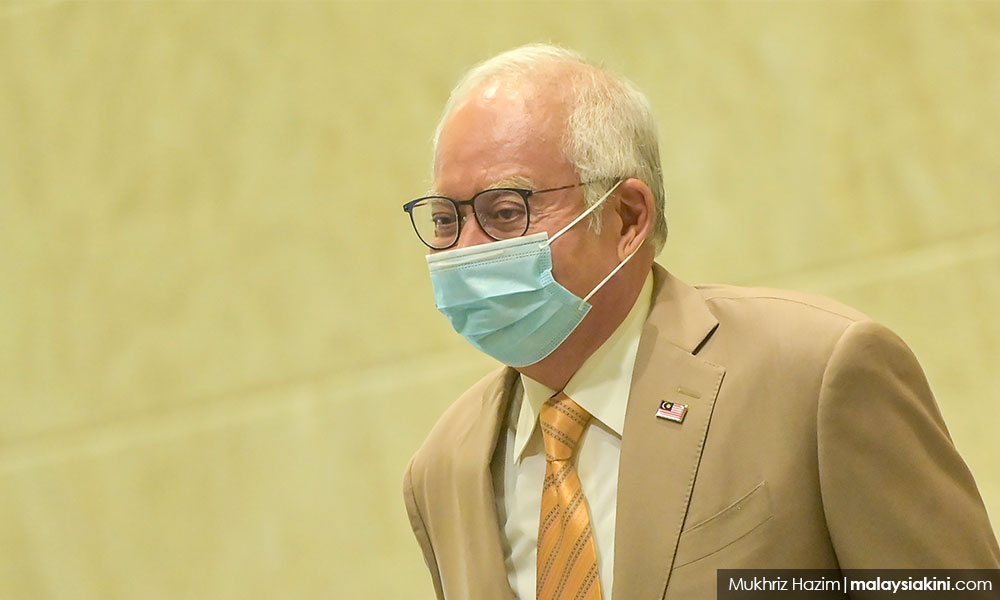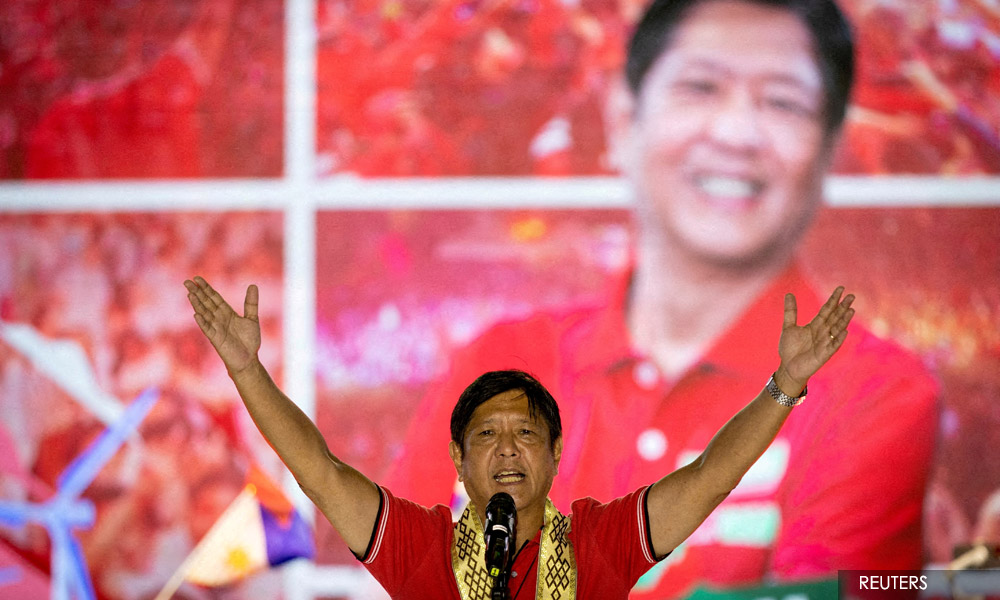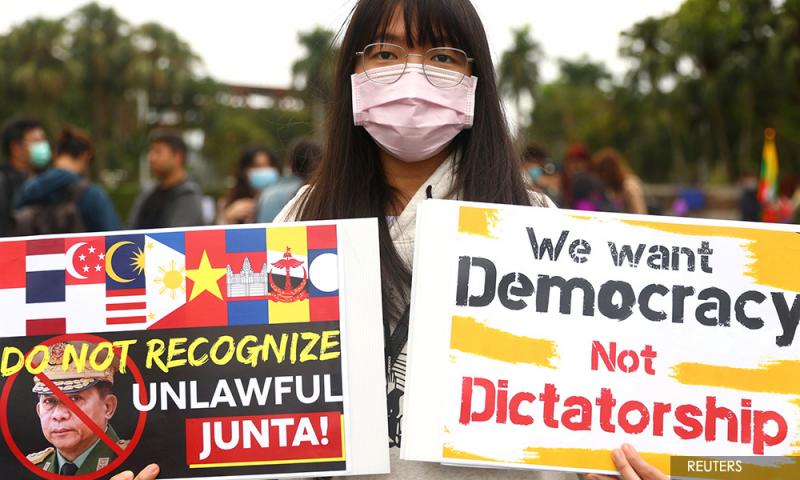MP SPEAKS | Democracy has taken a whack in Southeast Asia
MP SPEAKS | It’s a trail of devastation in Southeast Asia, where democracy has taken a whack and lies wear Prada.
In Myanmar, it’s the coup that brought back military dictatorship; in Malaysia, it’s clever power play plus manipulation that unseated Pakatan Harapan; in Cambodia, it’s the rule with impunity; in Thailand, it’s the never-ending military coups.
And in the Philippines, it’s the return of the Marcos family to the Malacañang Palace.
The election results in the Philippines sent a shiver down my spine as Ferdinand Marcos Jr’s victory was brought about by targeting young voters with lies, using social media.
It was all about whitewashing rampant corruption, gross human rights violations and murder, arbitrary detentions, and torture under his father’s martial law.
His “rise again” slogan fashioned Marcos Sr’s dictatorship as a golden era, which saw the development of infrastructure in the Philippines.
Many, however, bought Marcos Jr’s vague promises of unity just like the thousands who chant “Bossku” for Malaysia’s former prime minister Najib Abdul Razak.

Najib too speaks at election campaigns and eats roti canai at stalls in a ploy to show how simple and down to earth he is after swindling millions from the country’s development fund.
I am convinced that the influence of social media, Najib’s powerful branding of himself as the victim of political mudslinging, and the short-term memory power of many Malaysians would bring him victory on a silver platter if the general election is to be called today.
It’s almost like a return to the Dictators Club, where these unscrupulous regional leaders would continue profiting from disinformation.
Consistent effort against misinformation
Southeast Asia clearly has a huge appetite for social media engagement.
Malaysia has the highest level of WhatsApp users, Indonesia is labelled the Capital City of Twitter, and Filipinos love Facebook.
But experts note that the politics of disinformation and its prevalence in the region could potentially affect media institutions, undermine elections, and destabilise democracy.
And they are not all that wrong, are they? So, what’s left for us to do?

Mount a war, I would say. There must be a consistent effort to fact-check, verify, and take down misinformation.
There is a downside to that too: social media platforms like Facebook, for example, could be selective by refusing to flag a particular post as racist or a hate speech despite numerous complaints.
It’s therefore imminent that all social media companies come on board to take down misinformation. For example, Yahoo made its algorithms to detect offensive and adult images public while YouTube puts up links for users to click on to debunk misguided claims.
While it certainly feels as if the former dictator Marcos has been re-elected to power, we can still fight a potentially well-oiled campaign that would be mounted by Najib to ensure he becomes a de facto prime minister, by constantly rebuking disinformation on social media.
And I can only hope that the Communications and Multimedia Ministry will partner with us, without fear or favour.
CHARLES SANTIAGO is the Klang MP and the chairperson of the Asean Parliamentarians for Human Rights.
The views expressed here are those of the author/contributor and do not necessarily represent the views of Malaysiakini.
RM12.50 / month
- Unlimited access to award-winning journalism
- Comment and share your opinions on all our articles
- Gift interesting stories to your friends
- Tax deductable
